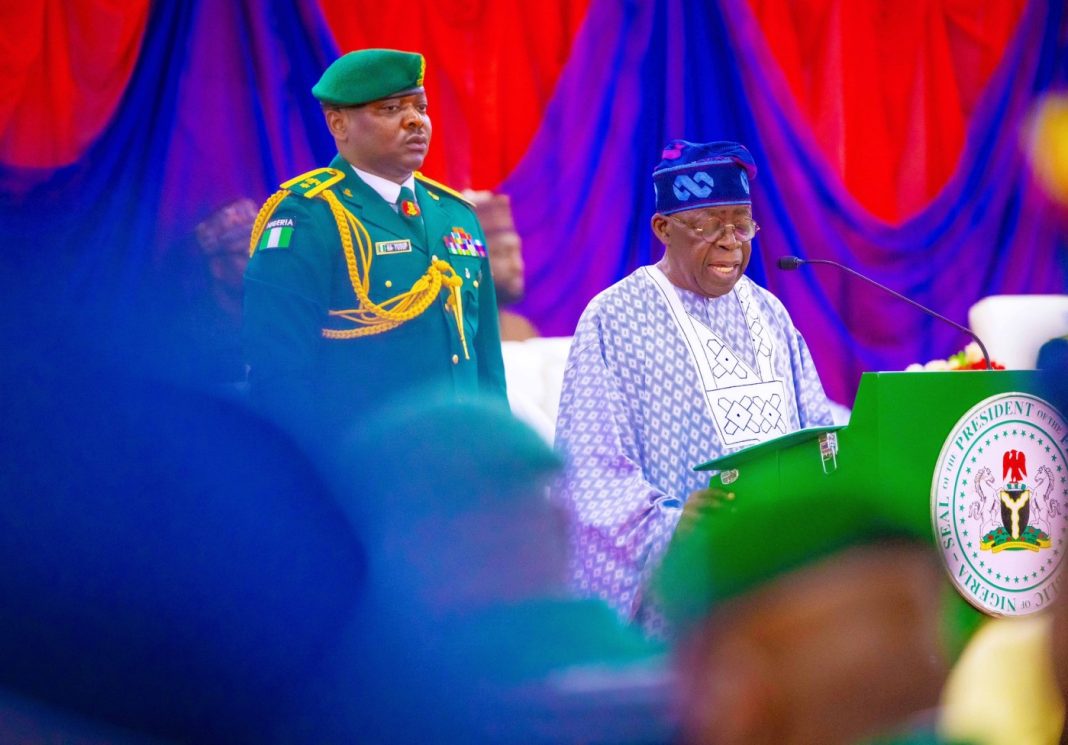ABUJA, Nigeria — Nigerian President Bola Tinubu on Monday, July 31, 2023, lashed out at the country’s previous multiple exchange rate system, describing it as an “unfair” mechanism that enriched a selected few while depriving the nation of wealth.
The system, which President Tinubu said was used as a money-making scheme by specific individuals, has been replaced since he assumed office on May 29, 2023.
In a scathing critique of his predecessor, Muhammadu Buhari, the president portrayed the scheme as a “highway of currency speculation.”
“Our national wealth was doled on favourable terms to a handful of people who have been made filthy rich simply by moving money from one hand to another. This, too, was extremely unfair,” Mr Tinubu stated.
He argued that the diverted funds could have been invested in creating jobs, building factories, and starting businesses supporting millions of Nigerians.
The statement resonated with an underlying theme of his administration, which emphasizes economic reform and the dismantling of practices seen as detrimental to the national economy.
Since taking office, President Tinubu has removed the petrol subsidy and announced the unification of the exchange rate to end the disparity between the official and black market rates.
These moves have drawn criticism from many Nigerians who believe the policies have exacerbated their financial hardships.
But the president remained resolute in his speech, defending the necessity of the changes. He contended that the previous exchange rate system threatened the country’s economy and the future of its democratic system.
“It also compounded the threat that the illicit and mass accumulation of money posed to the future of our democratic system and its economy. Ending the subsidy and the preferential exchange rate system were key to this fight. This fight is to define the fate and future of our nation. Much is in the balance,” explained Mr Tinubu.
President Tinubu’s bold criticisms and equally bold policy changes reflect his determination to address significant economic imbalances and lay the groundwork for long-term improvement.
The administration’s actions have already made waves in financial and political circles, heralding a new era of governance.
However, the road ahead is fraught with challenges, and President Tinubu’s ability to implement his vision without alienating essential segments of society remains a critical concern.
The future of Nigeria’s economy hangs in the balance, and the decisions taken by the Tinubu administration will likely shape the nation’s direction in the years to come.
Whether the promises of a more robust and fair economic system can be realized will be a defining question for his presidency.







